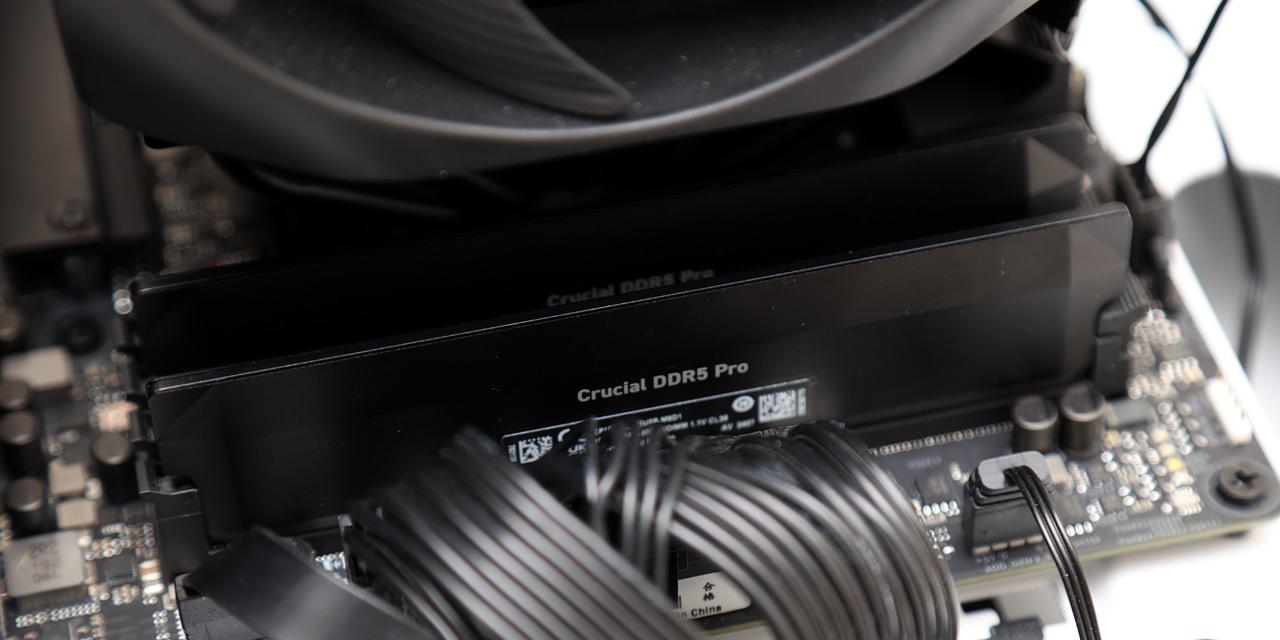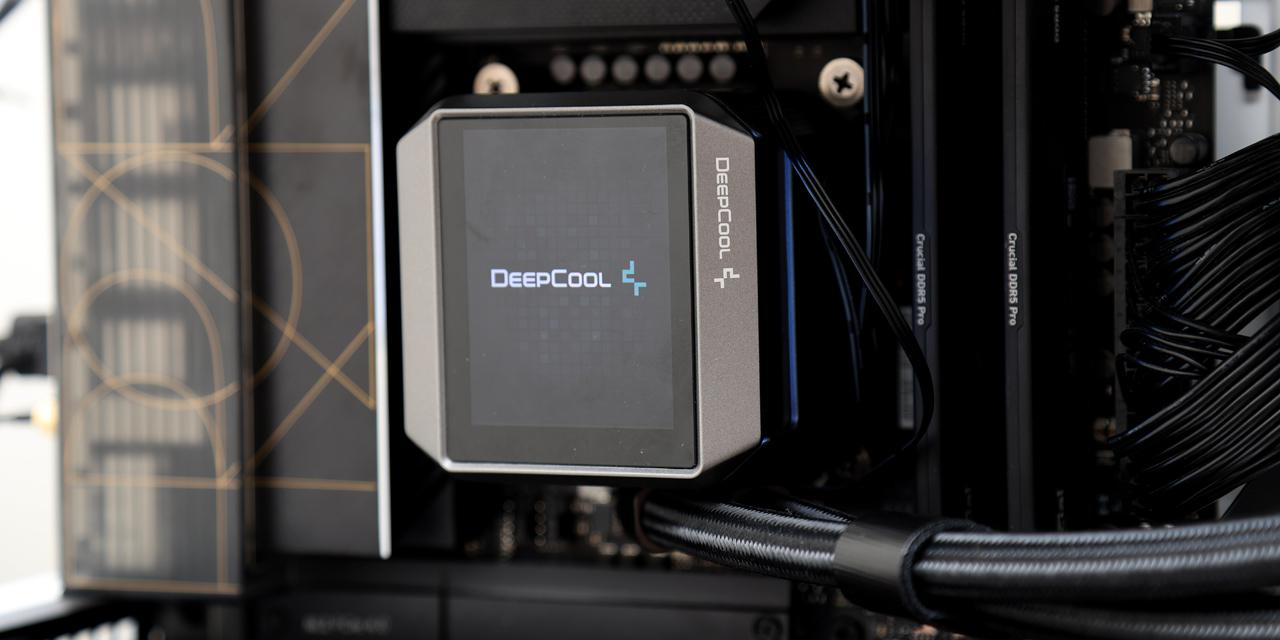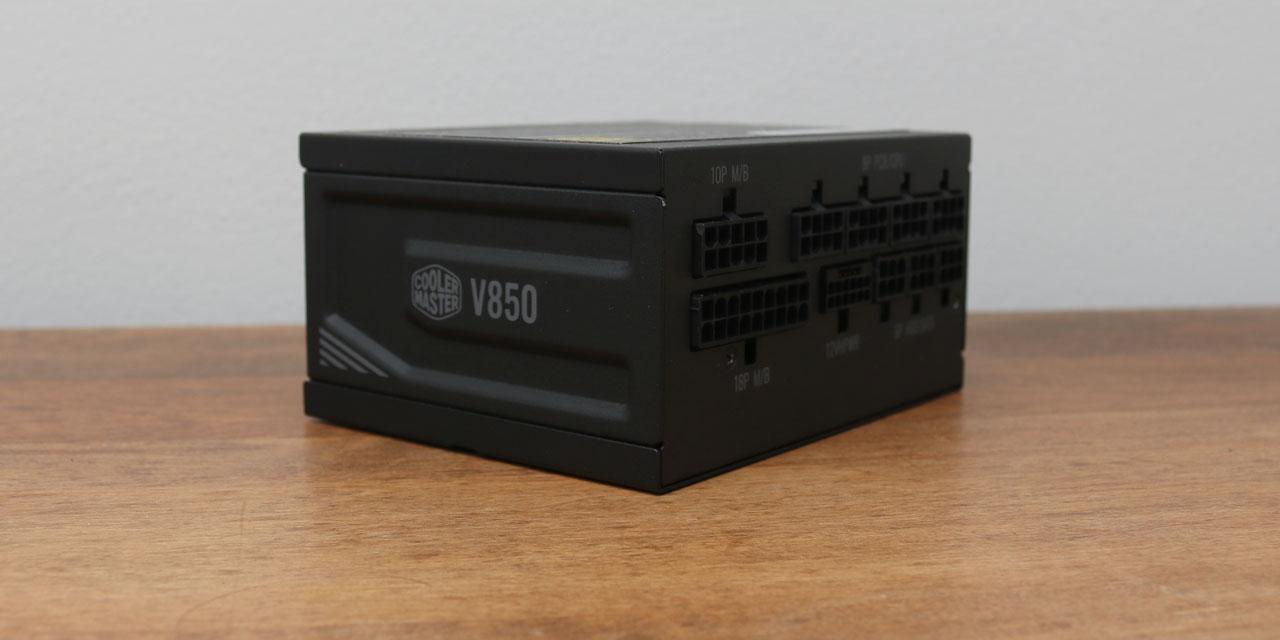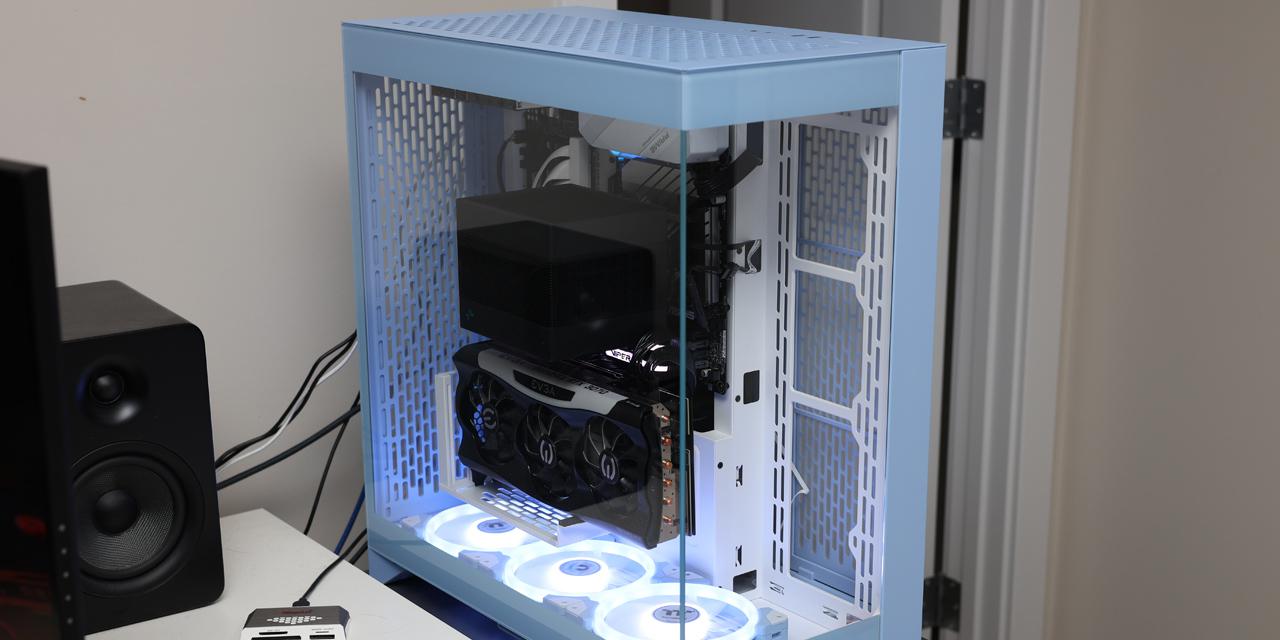From X-bit Labs: Intel Corp. has announced plans to accelerate the development and deployment of the Internet of Things (IoT) by enabling intelligent devices, end-to-end analytics and connecting legacy devices to the cloud to drive business transformation.
"The Internet of Things consists of a wide range of Internet-connected devices, from a simple pedometer to a complex CT scanner. The true value in the Internet of Things is realized when these intelligent devices communicate and share data with each other and the cloud, uncovering information and actionable insight that can transform business. As a leader in computing solutions from the device to the datacenter, Intel is focused on driving intelligence in new devices and gateways to help connect the billions of existing devices," said Ton Steenman, vice president and general manager of Intel's intelligent systems group.
In support of this effort, the company unveiled several products including the Intel Atom processor E3800 product family (formerly code-named "Bay Trail-I"), a new family of Intel-based intelligent gateway solutions featuring integrated software from McAfee and Wind River, and new features for the Intel Quark SoC X1000.
As more devices become connected every day, companies face increased fragmentation, interoperability and security challenges. To address this, Intel is delivering a comprehensive portfolio of hardware and software products designed to unlock the data intelligence from the device through the network to the cloud to enable new business models and service offerings. By developing horizontal building blocks for vertical end-to-end analytics as well as distributed analytics for edge systems and datacenter, Intel is enabling companies to turn big data into actionable information.
An end-to-end strategy requires making devices more intelligent and secure to reliably filter and manage data locally. Intel offers a scalable roadmap of products to power devices at the edge of the network, from the energy-efficient Intel Quark SoC to the high-performance Intel Xeon processors.
View: Article @ Source Site





